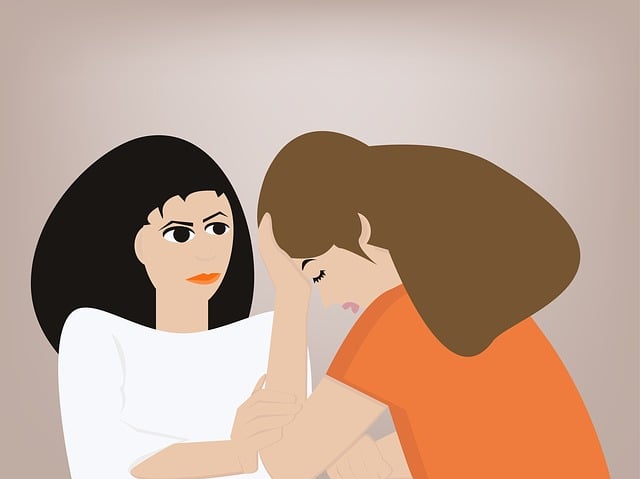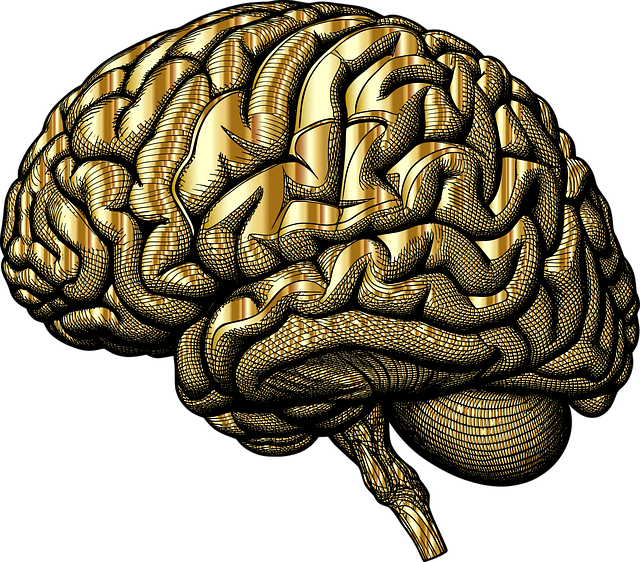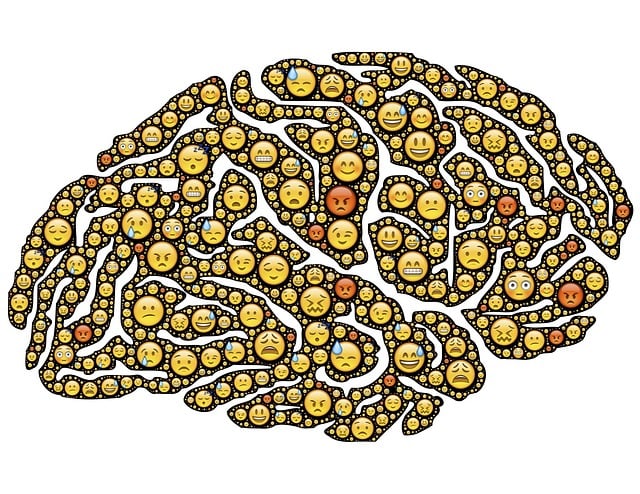Stress, a common mental health challenge, can lead to anxiety, depression, and even psychosis if left unchecked. Castle Rock Psychosis Therapy offers a specialized approach, combining cognitive restructuring, cultural sensitivity, and crisis intervention to manage stress effectively. They empower individuals through mindfulness meditation, deep breathing, physical activity, and journaling exercises, reducing stress levels and fostering emotional resilience. Their tailored therapy sessions focus on mindset shifts, self-esteem improvement, and positive thinking to build long-term mental wellness and cope with life's challenges.
Stress management techniques are essential for maintaining optimal mental health in today’s fast-paced world. This comprehensive guide explores various strategies, including the beneficial role of Castle Rock Psychosis Therapy, to combat the damaging effects of stress. From understanding stress triggers and its profound impact on mental well-being, to practical daily routines and long-term resilience building, these techniques empower individuals to navigate life’s challenges with greater equanimity. Discover actionable steps for reducing stress and enhancing overall wellness through mindfulness, relaxation methods, and effective coping strategies.
- Understanding Stress and Its Impact on Mental Health
- The Role of Castle Rock Psychosis Therapy in Stress Management
- Practical Techniques for Daily Stress Reduction
- Incorporating Mindfulness and Relaxation Methods
- Building Resilience and Coping Strategies for Long-term Stress Management
Understanding Stress and Its Impact on Mental Health

Stress is a natural response to various life challenges, but when left unmanaged, it can have detrimental effects on mental health. Understanding stress involves recognizing its triggers and the physiological and emotional changes it induces. Prolonged or chronic stress may lead to increased anxiety, depression, and even Castle Rock psychosis therapy cases, as it can alter brain chemistry and function. The impact of stress on mental wellness is significant, affecting one’s ability to cope with daily tasks and interact socially.
Empathy-building strategies play a crucial role in managing stress and reducing the stigma associated with mental illness. By fostering understanding and compassion, individuals can create supportive environments, which are essential for those struggling with mental health issues. Additionally, Mental Wellness Journaling Exercises can help individuals track their stressors, emotions, and coping mechanisms, providing valuable insights into their mental state and guiding them towards effective stress management techniques.
The Role of Castle Rock Psychosis Therapy in Stress Management

Castle Rock Psychosis Therapy offers a unique and effective approach to stress management, particularly for individuals dealing with mental illness. This therapeutic method focuses on challenging negative thought patterns and beliefs, which are often at the root of stress and anxiety disorders. By providing a safe and non-judgmental space, therapists enable clients to explore their emotions and gain insights into their behaviors. The process involves cognitive restructuring techniques that help individuals replace self-destructive thoughts with healthier, more positive ones, thereby reducing overall stress levels.
Incorporating cultural sensitivity in mental healthcare practice is an integral part of Castle Rock Psychosis Therapy. Therapists are trained to understand and respect diverse backgrounds, ensuring that the treatment aligns with each client’s unique needs. This approach not only facilitates a deeper connection between therapist and client but also contributes to stigma reduction efforts in mental illness. Crisis intervention guidance is seamlessly integrated, offering clients practical tools to manage acute stress and preventing escalation into more severe conditions.
Practical Techniques for Daily Stress Reduction

In the quest for daily stress reduction, individuals can employ practical techniques that offer substantial relief and contribute to enhanced mental health awareness. Simple yet effective methods such as mindfulness meditation, deep breathing exercises, and regular physical activity have been scientifically proven to lower stress levels. These strategies not only help in managing immediate tension but also foster resilience against future stressors. Incorporating these practices into daily routines can significantly improve overall well-being, enabling individuals to lead more balanced lives.
For those seeking professional guidance, Castle Rock Psychosis Therapy offers tailored solutions that address the root causes of stress and anxiety. By combining evidence-based therapies with compassionate communication strategies, therapists facilitate a safe space for clients to explore their emotions and develop coping mechanisms. In addition to promoting mental health awareness, these therapeutic approaches aim to reduce the stigma associated with mental illness, fostering a supportive environment where individuals can thrive.
Incorporating Mindfulness and Relaxation Methods

Incorporating mindfulness and relaxation methods is a cornerstone of effective stress management techniques teaching. These practices, often rooted in Castle Rock psychosis therapy, have been shown to significantly enhance mental wellness. By integrating compassion cultivation practices into daily routines, individuals can develop a deeper sense of inner peace and emotional resilience, which are essential for navigating life’s challenges.
Mindfulness meditation, for instance, encourages staying present and focusing on the here and now, allowing individuals to disengage from anxious thoughts and stressful scenarios. Similarly, relaxation techniques such as deep breathing exercises and progressive muscle relaxation help in lowering heart rate and blood pressure, thereby reducing symptoms of burnout, a common concern among healthcare providers engaging in Burnout Prevention Strategies for Healthcare Providers. These practices not only promote individual well-being but also foster better patient care by enhancing empathy and emotional regulation.
Building Resilience and Coping Strategies for Long-term Stress Management

Building resilience is a cornerstone of long-term stress management. By fostering a mindset that equips individuals to view challenges as opportunities for growth, Castle Rock Psychosis Therapy helps clients develop coping strategies that endure over time. This involves integrating self-esteem improvement techniques and cultivating positive thinking, which not only mitigate the immediate impact of stress but also fortify against future stressors. Through therapy, individuals learn to navigate life’s twists and turns with greater equanimity, turning potential pitfalls into stepping stones rather than insurmountable barriers.
Coping strategies taught by Castle Rock Psychosis Therapy are multifaceted, addressing both behavioral and cognitive aspects of stress management. By adopting these strategies, clients gain a toolkit for managing stress in various domains of their lives, from work and relationships to personal goals and mental health. This holistic approach not only prevents relapse but also fosters a sense of agency, empowering individuals to take proactive measures against stressors that may otherwise overwhelm them, ultimately leading to enhanced well-being and resilience.
Stress management is a multifaceted approach, and integrating techniques like Castle Rock Psychosis Therapy into your toolkit can significantly enhance mental well-being. By understanding stress triggers, adopting practical daily reduction methods, cultivating mindfulness, and building resilience, individuals can navigate life’s challenges more effectively. These strategies empower folks to create a balanced and fulfilling life, ensuring long-term stress management and improved overall health.














